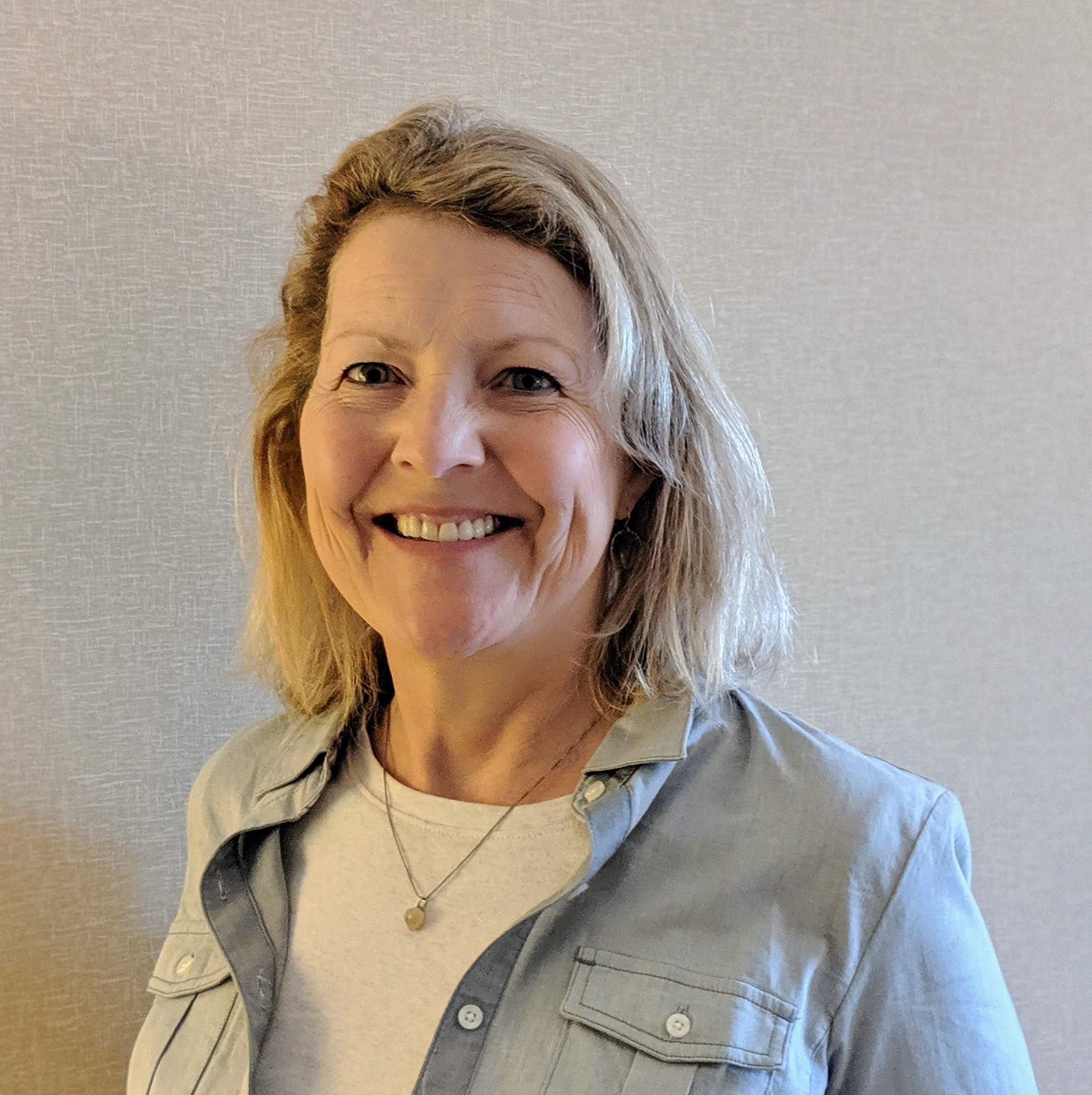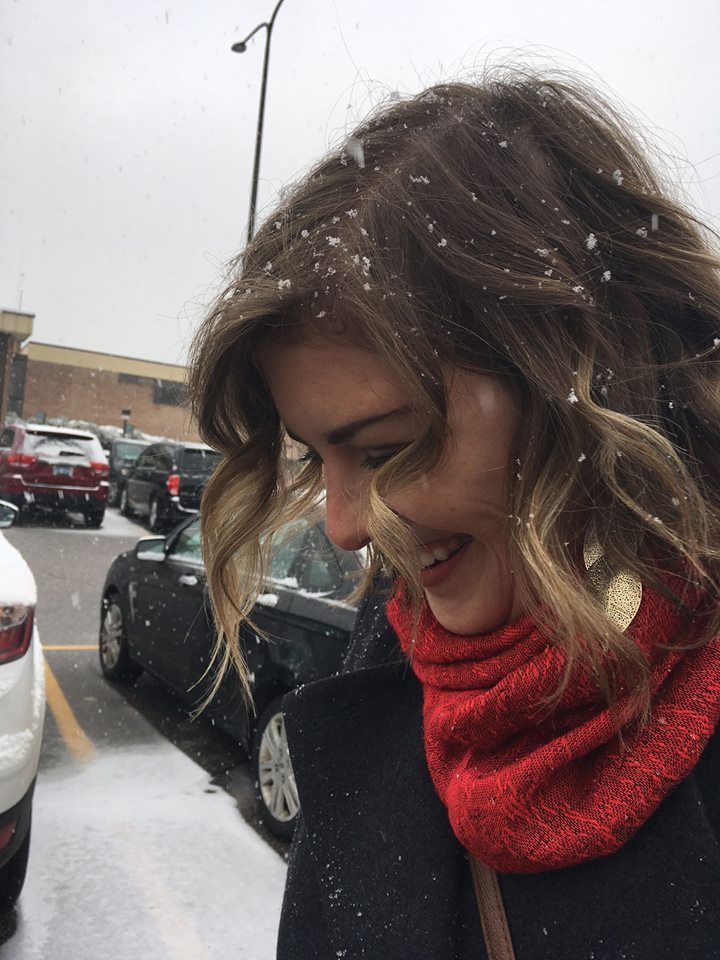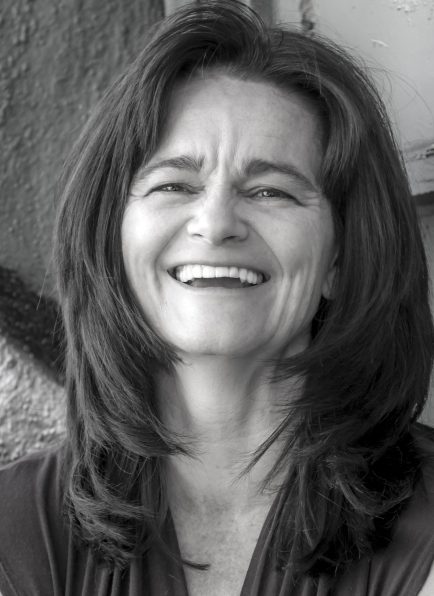 “Fever,” a short story by Sumita Mukherji, was recently published in Wildness. Read an excerpt below:
“Fever,” a short story by Sumita Mukherji, was recently published in Wildness. Read an excerpt below:
“The children’s hallucinations bloomed at night: abandoned skyscrapers and derelict hulls of ships and wildfires wrecking villages. All of us, not knowing what the sickness was, called it the midnight virus. All of the parents said, We will win against this fever, this endless pandemic.
Though the town knew my ten-year-old daughter, I did not mention her. I did not mention that she lived without fever, even when parents of the dying stared at her as she skipped across our back lawn. I did not mention that against my wishes, she kissed her ill friends’ cheeks and as they slumbered, pilfered old teddy bears, diaries, necklaces, games. How she glued their toys and trinkets, wet with fever, into a pyramid. How she laid on her rug and embraced its triangular base in her sleep…”
Read the rest of “Fever” here: https://readwildness.com/21/mukherji-fever


 Faculty member
Faculty member  “
“
 Alumna Jill Klein’s poem “
Alumna Jill Klein’s poem “

 Faculty member
Faculty member  An excerpt from “
An excerpt from “ “
“